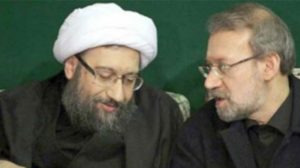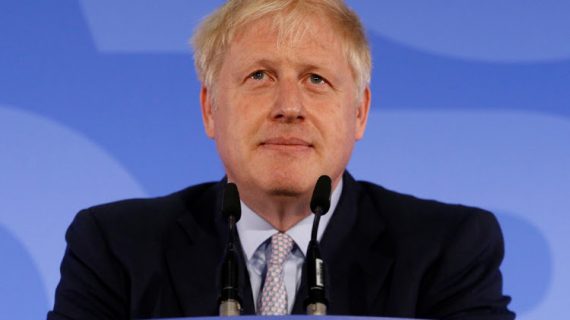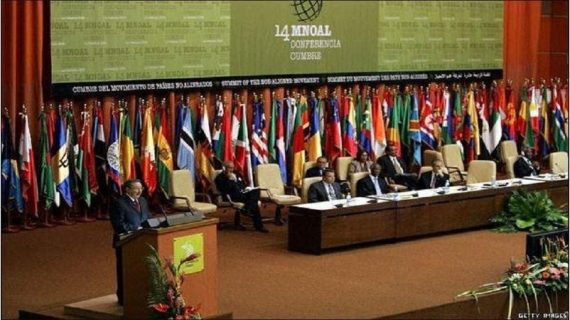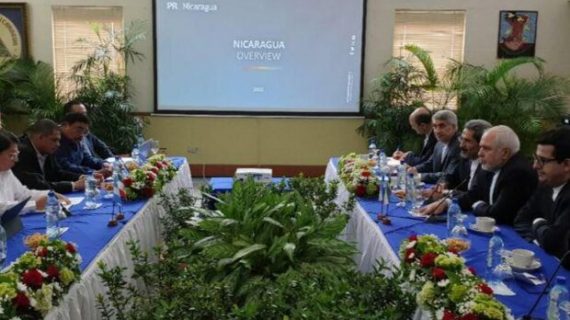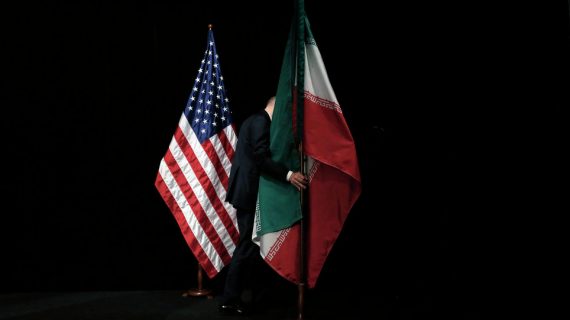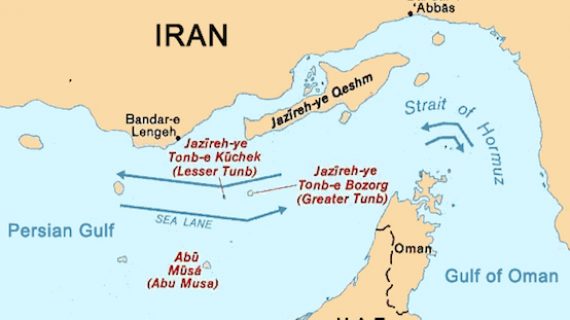Tehran Establishes Coordination Commission to Counter US ‘Psychological Warfare’
Reported by HPMM Group according to ASHARQ AL-AWSAT ; Iranian President Hassan Rouhani, heading a high-level economic coordination meeting in the presence of parliamentarians and judges, decided on forming a joint committee to counter what Tehran labels as US propaganda and psychological warfare.
According to the ISNA government news agency, the motive behind establishing the psychological war commission is to confront American pressure, which relies on pumping sharp propaganda aimed at allegedly frustrating the Iranian people and foster public anti-regime sentiment.
The commission is composed of presidential, judicial and parliamentary representatives, and will run its own radio and television group.
Addressing local media last week, President Rouhani accused foreign media of being behind distorting the image of Iran’s economy and causing its deterioration.
Rouhani blamed western propaganda for plummeting Iranian currency rates and the rise in the price of gold in recent months.
He also expressed his surprise on Iranians leaning towards foreign media reports for obtaining information, pointing out that his country is subjected to illicit mind games and image marring.
After the meeting, official reports revealed senior officials arriving to an agreement on producing media content aimed at countering “negative propaganda from anti-regime bodies.”
Media content will work on encouraging Iranians to engage in economic activity and investment, especially in the stock market.
Rouhani’s remarks were similar to that of former Iranian President Mahmoud Ahmadinejad. On October 2, 2012, Ahmadinejad said that the price of the dollar and the weakening of the Iranian currency were the result of a “hidden war on a global scale” against Iran.
According to Iranian agencies, the committee comes within the framework of instructions given by Iranian Supreme Leader Ali Khamenei.
Khamenei ordered coordination among all government bodies responsible for making decisions on economic challenges such as the unemployment crisis, creating a safe investment-friendly climate and promoting private sector activity, and resolving problems of banking institution and economic conditioning after the US withdrawal from the nuclear deal and return of sanctions.

